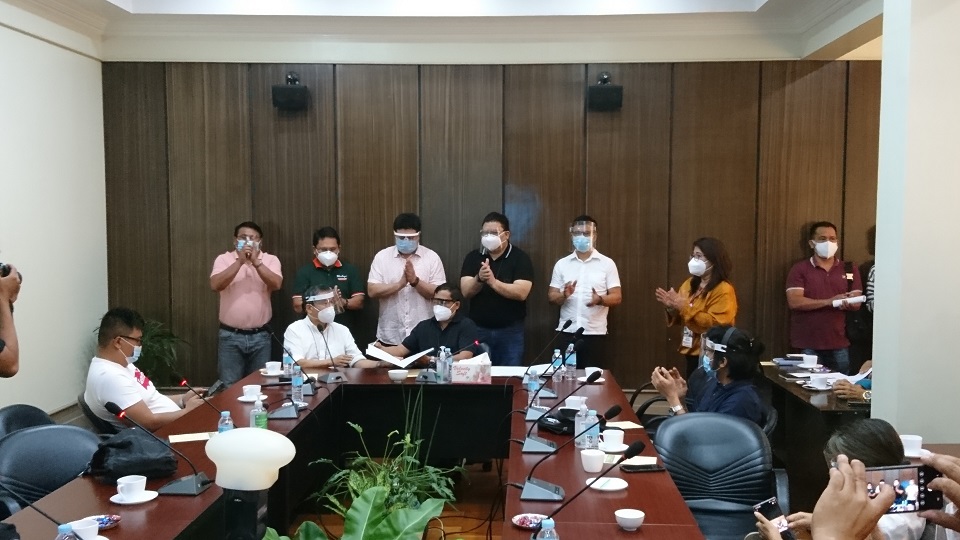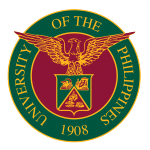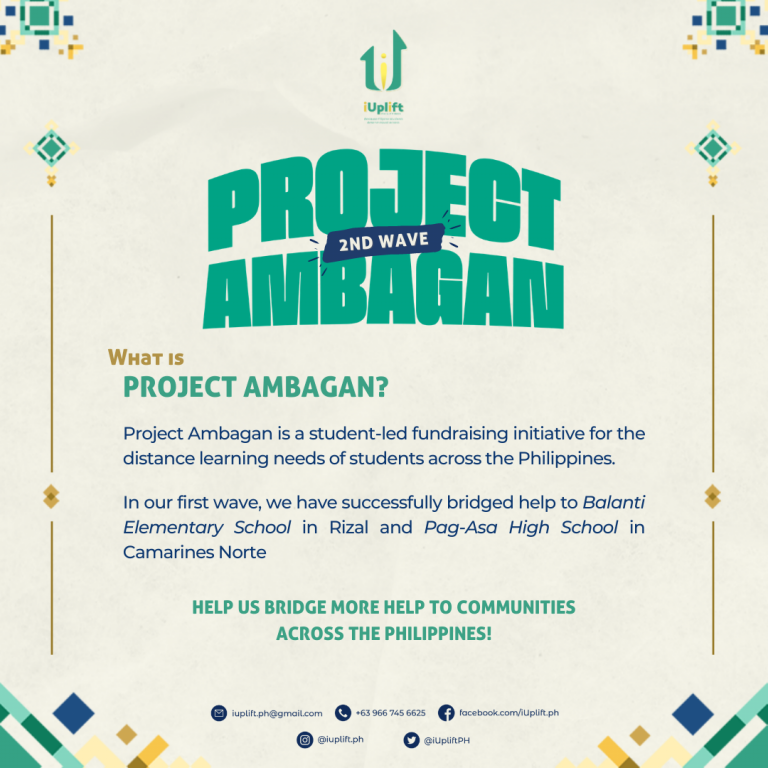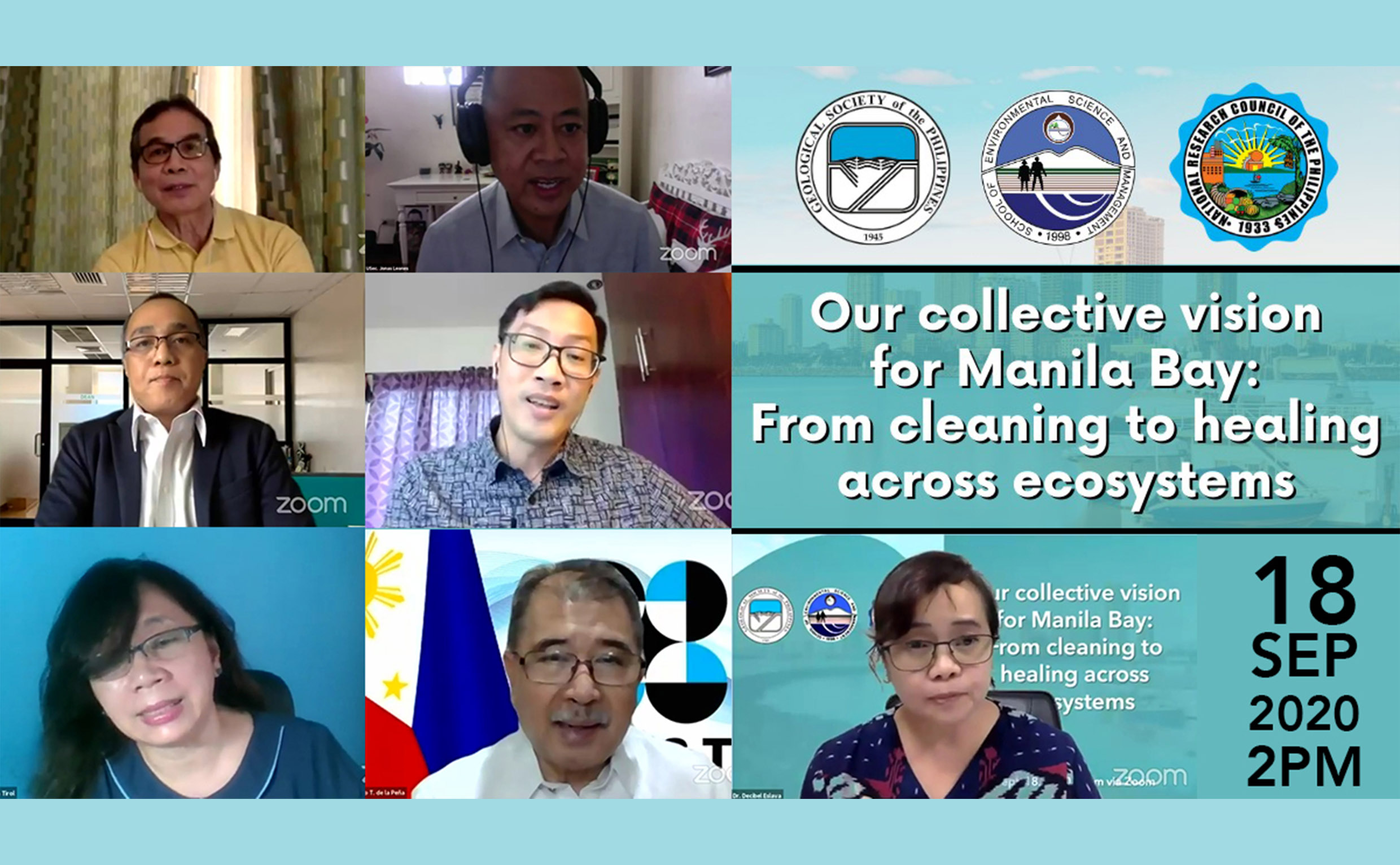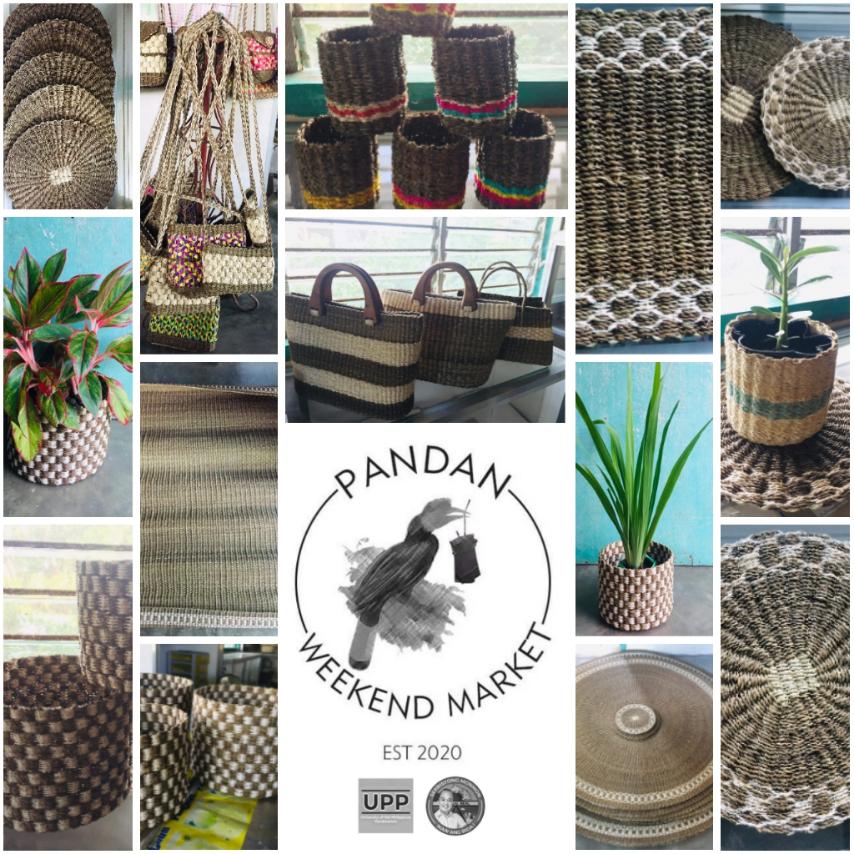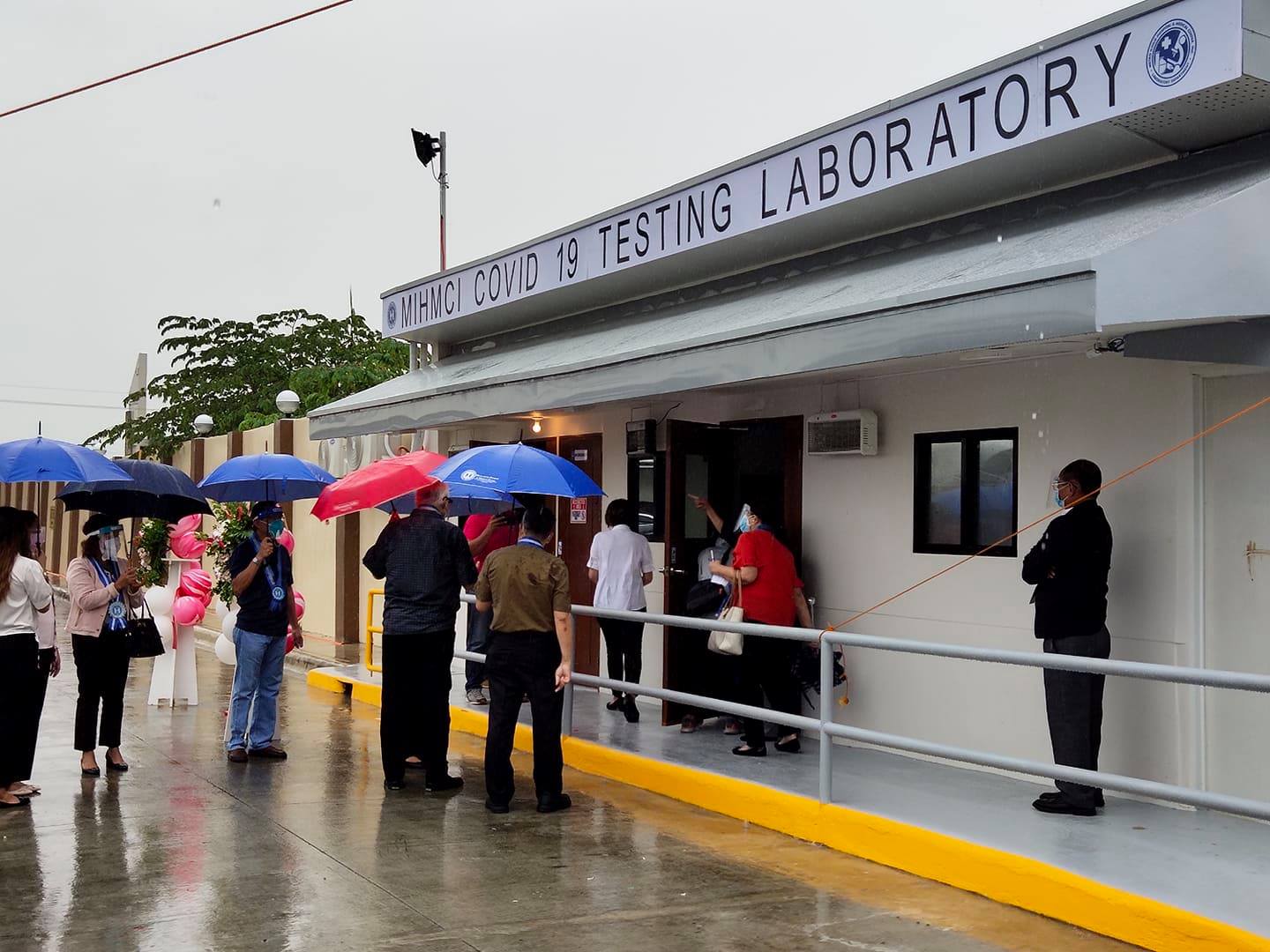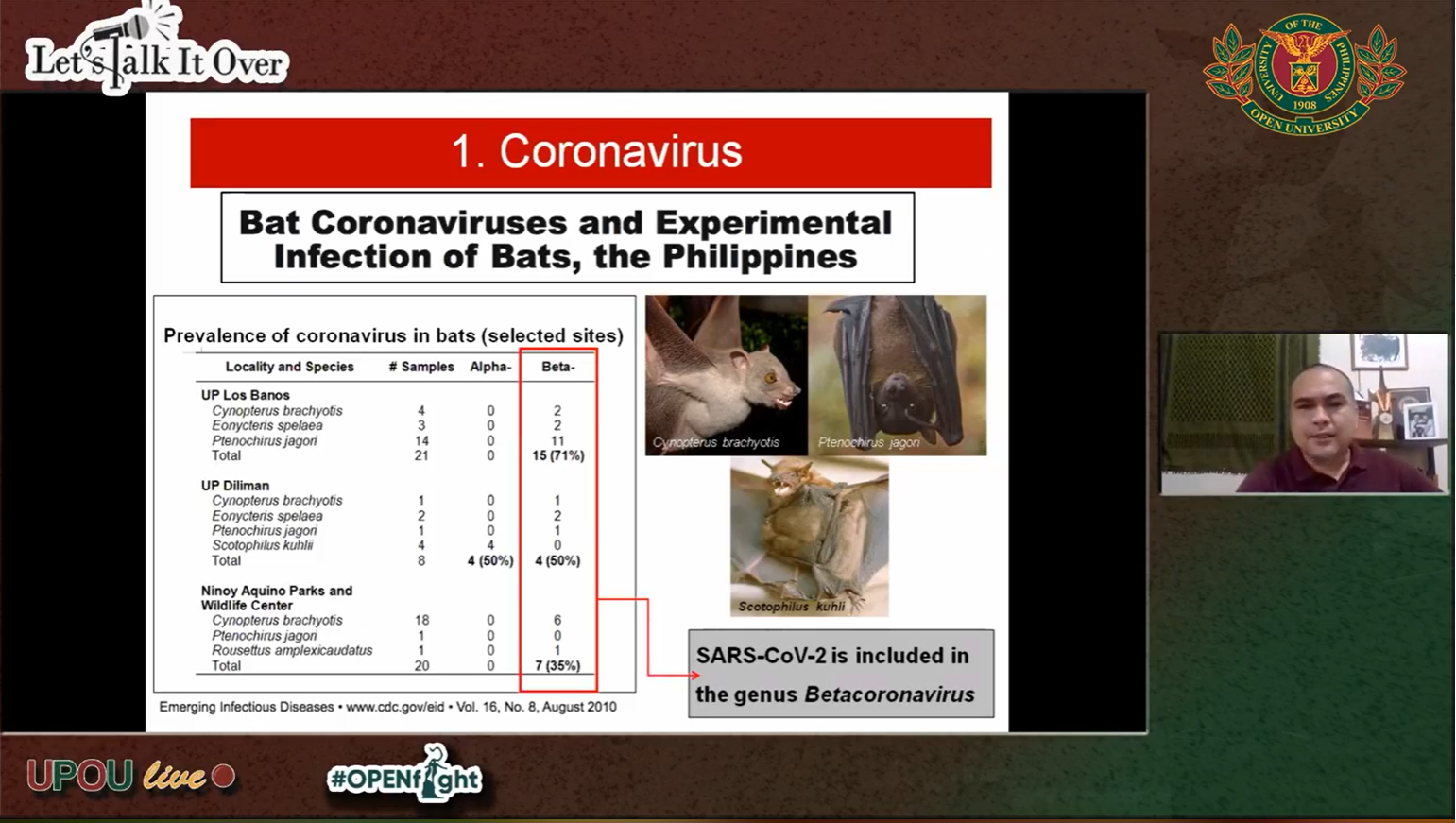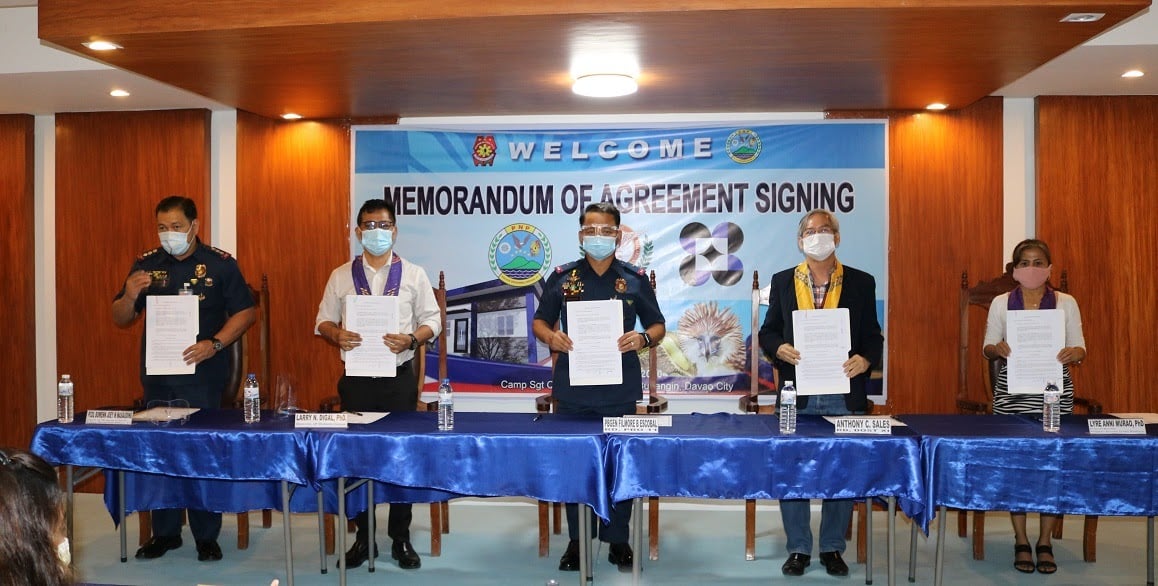Officials of the University of the Philippines (UP) Mindanao and the local governments of Davao del Norte witnessed a milestone in their collaboration agreement with the turnover of a COVID-19 testing facility by the builder Maer Summit Konstrukt Company to the end-user Davao Regional Medical Center (DRMC) in ceremonies held on 27 August 2020, in the Davao del Norte Provincial Capitol in Tagum City. Mr. Dino Mae Suelto, the Managing Partner of Maer Summit Konstrukt, presented the certificate of turnover to DRMC chief Dr. Bryan Dalid in the presence of the project partners.
Category: NEWS & EVENTS
Chancellor Fernando C. Sanchez, Jr., formally endorsed on June 30, 2020 to the UP Board of Regents the proposed amendment on the guidelines for the Enhanced Hospitalization Programme (eHOPE) drafted by the UPLB eHOPE Committee.
The eHOPE is hospitalization benefits coverage for faculty members, research, extension, and professional staff (REPS), and administrative staff of UP.
#ProjectAmbagan is now on its second wave and among its beneficiaries are the Tagbanua and Batak communities in Palawan.
#ProjectAmbagan is an initiative of iUplift, a coalition of student organizations. The project was launched in June and raises funds to respond to the distance learning needs of Filipino students across the country.
The School of Environmental Science and Management (SESAM) co-organized a virtual symposium on Sept. 18 to provide experts a platform to discuss the Manila Bay dolomite project.
Of the speakers, two were UPLB professors – Dr. Rex Victor Cruz of the College of Forestry and Natural Resources and a former chancellor of UPLB, and Dr. Ma. Stella Tirol, dean of the College of Development Communication – who joined government officials and geologists at the virtual learning event.
The University of the Philippines Pandananon (UPP), together with the Office of Pandan, Antique Vice Mayor Raymund Nonato Gumboc, organized a weekend market to highlight Pandan’s artisanal foods and other products on September 13, 2020, 7:00 am to 1:00 pm, at the Liberman Sports Center in the at the said municipality.
On 11 June 2020, the UP College of Nursing (UPCN) received the good news that it was re-designated as a World Health Organization Collaborating Center for Leadership in Nursing Development from 2020 to 2024.
In the next four years, the College will work to assist the WHO Western Pacific Regional Office to provide technical assistance to Member States in building the leadership capacity of nursing and midwifery workforce, in strengthening training in nursing, and in developing e-learning resources in community health nursing and chronic care.
The Metro Iloilo Hospital and Medical Center (MIHMC), Inc. has formally opened its COVID-19 Testing Laboratory on September 18, 2020 with vital support from Philippine Genome Center- Visayas headed by Dr. Noel Ferriols and experts from top educational institutions in Iloilo City.
Is wildlife a friend or a foe in the COVID-19 pandemic? This is what the Master of Environment and Natural Resources Management (MENRM) program discussed during the Let’s Talk it Over (LTiO) Lecture Series on 17 September 2020 and live-streamed via the University of the Philippines Open University (UPOU) Networks.
Dr. Consuelo Dl. Habito, Chair of the MENRM program, opened the webinar with the introduction of the three speakers. The first was Prof. Phillip Alviola, associate professor and bat ecologist at the University of the Philippines Los Baños (UPLB) and curator at the UPLB Museum of Natural History. Prof. Alviola discussed current knowledge about potential zoonotic viruses carried by Philippine bats, where he shared results of bat virus research conducted by UPLB and University of Tokyo from 2007 to 2020. Their published results on viruses from Philippine bats include coronavirus, hantavirus, reston ebolavirus, gammaherpesvirus, and pteropine orthoreovirus.
Alviola_2
The second session was led by Mr. Emerson Sy, herpetologist and consultant at TRAFFIC – a non-governmental organization on wildlife trade. Mr. Sy focused on pangolin consumption, where he narrated instances of pangolin trade and trafficking, and its link to COVID-19.
“Despite legal protection accorded to pangolins, poaching and trafficking occur on a huge scale globally [with] an estimated 895,000 pangolins trafficked globally in the last two decades,” shared Mr. Sy in his presentation.
He pointed out that animal abuse and mishandling have caused zoonotic diseases, such as SARS-COV-1 in 2002 and MERS-CoV in 2012. According to Mr. Sy, although studies have shown that Sunda pangolin is likely an intermediate or direct host of COVID-19, coronaviruses are known to have multiple intermediate hosts.
Sy_3
The last lecture was delivered by Dr. Juan Carlos Gonzalez, professor at UPLB and 11th director of the UPLB Museum of Natural History. Dr. Gonzalez discussed pandemics and wildlife in the anthropocene, where he related the first two lectures to emphasize the role of humans in pandemics.
“It’s easy to blame a bat, but is our wanton destruction of nature and the traditional habitats of species responsible for the pandemic gripping the world right now? Experts concur that the loss of biodiversity, mainly because of humans, is directly connected to the spread of deadly diseases like COVID-19,” shared Dr. Gonzalez as he quoted John Vidal, journalist, author, and former environment editor of The Guardian newspaper.
Dr. Gonzalez also talked about anthropogenic transfer of zoonotic diseases and its impacts on an already restricted-range, small population of threatened endemic wildlife.
Gonzalez_5
An open forum moderated by Dr. Habito was held on the last part of the LTiO. Viewers’ questions were raised via UPOU Networks chat box, YouTube comment section, and Facebook comments section. A total of 2,883 views in the three platforms were recorded during the webinar.
UP Mindanao entered into another memorandum of agreement to establish a COVID-19 testing facility, this time with the Police Regional Office–Region XI (PRO-XI) and the Department of Science and Technology–Region XI (DOST-XI), on 16 September 2020 at Camp Sgt. Quintin M. Merecido, Davao City.
COVID-19 has disrupted the lives of people all over the world. UP Visayas experienced the same fate as the rest of the country is waging a battle of unparalleled proportion against a virus, never before experienced by the modern world. Despite this, UPV never wavered and met the challenges of the pandemic head-on. The UPV community stood up and fended for one another.
Six months have passed after the first lockdown was issued on March 17, 2020. Although announced nine days earlier, the entire nation was unprepared, caught unaware of its far-reaching ramifications.

